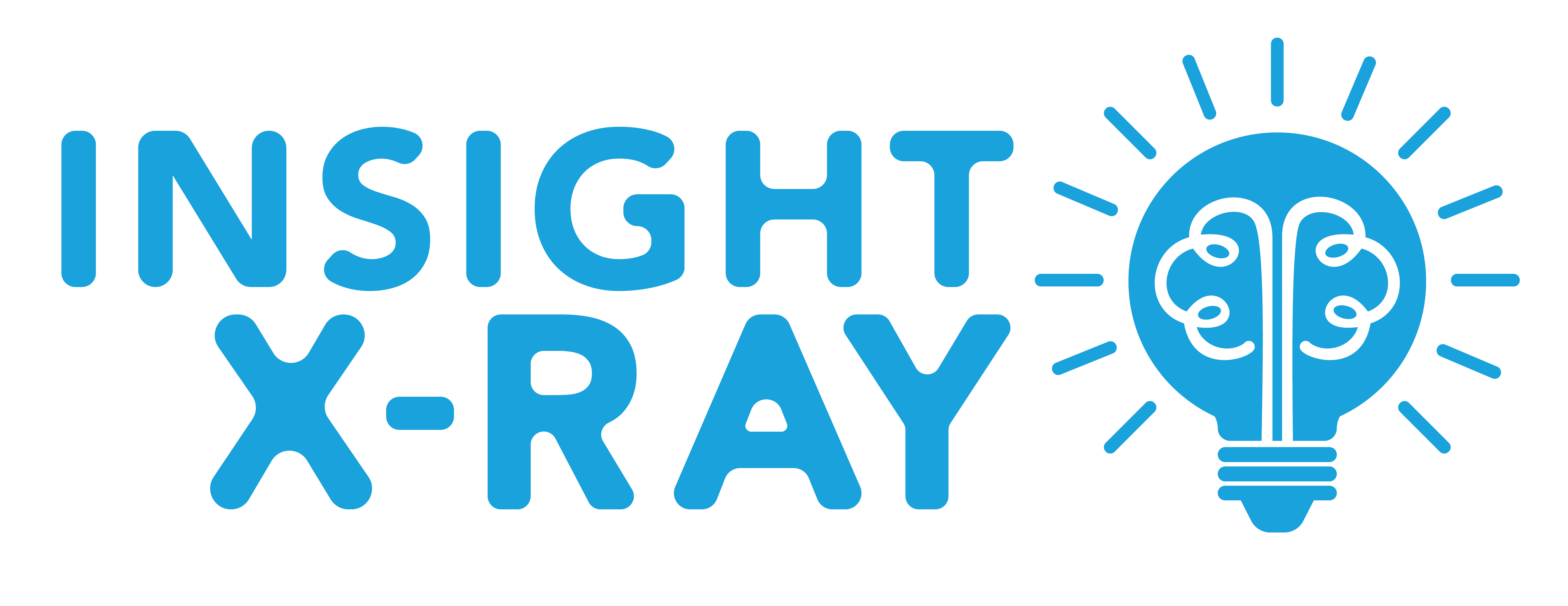Expectancy component: Control of learning beliefs
Control of Learning Beliefs refers to a learner’s perception and conviction that they directly influence learning outcomes. It’s the belief that success or failure in learning endeavors is predominantly a result of the effort they put in and the strategies they employ rather than external factors or inherent abilities
Questionnaire Summary
0 of 4 Questions completed
Questions:
Information
You have already completed the questionnaire before. Hence you can not start it again.
Questionnaire is loading…
You must sign in or sign up to start the questionnaire.
You must first complete the following:
Results
Results
0 of 4 Questions answered correctly
Your time:
Time has elapsed
You have reached 0 of 0 point(s), (0)
Earned Point(s): 0 of 0, (0)
0 Essay(s) Pending (Possible Point(s): 0)
Categories
- Not categorized 0%
-
Weak Performance in Control beliefs
What it means for you:
Your assessment indicates that there is room for improvement in this area. The following report provides personalized insights and recommendations to strengthen your control of learning beliefs. Specifically, your responses to the assessment reveal a need for more confidence in your ability to influence learning outcomes.
This may manifest in:
1. Reluctance to take responsibility for learning challenges
2.Dependence on external factors or inherent abilities rather than personal effort
3. Inconsistent application of effective learning strategies.To improve your control of learning beliefs, consider the following strategies:
Embrace a Growth Mindset: Believe in your ability to grow and learn from mistakes.
Focus on effort and persistence rather than innate talent.
Set Clear and Achievable Goals: Break down large tasks into smaller, manageable
steps. Monitor your progress and celebrate achievements.Develop Effective Learning Strategies: Seek resources and tools that align with your learning style. Experiment with different techniques to find what works best for you.
Build Resilience and Persistence: Recognize that challenges are a natural part of learning.
Seek support from teachers, peers, or mentors when needed.
Improving control of learning beliefs is a continuous process that requires self-awareness, persistence, and strategic effort. By embracing these recommendations, you can enhance your belief in your ability to influence learning outcomes, leading to increased motivation, effective strategy development, and improved academic performance. Your educational journey is in your hands, and these insights are designed to guide you in taking control of it.
-
Intermediate Performance in Control Beliefs
What it means for you:
Control of Learning Beliefs constitutes an essential facet of the educational process, encompassing a learner’s conviction that they can directly influence learning outcomes through personal effort and strategic application.
Your assessment indicates an intermediate level of performance in this area. While you have demonstrated some understanding and application of these beliefs, there’s potential for further growth.
Next steps:
Deepen Your Growth Mindset: Continue to focus on effort and persistence, recognizing that abilities can be developed.Embrace challenges as opportunities for growth.
Refine Your Goal-Setting Practices: Set specific, measurable, achievable, relevant, and time-bound (SMART) goals. Regularly review and adjust goals as needed.
Expand and Consistently Apply Learning Strategies: Build on existing strategies that work for you and explore new ones.Seek feedback from peers or mentors to identify
areas for improvement.Enhance Resilience and Persistence: Acknowledge setbacks as learning opportunities.Develop coping strategies for when challenges arise. Your intermediate performance in Control of Learning Beliefs indicates a solid foundation with room for further growth and refinement. By implementing these recommendations,
you can build on your strengths and take your learning to the next level. Remember, the journey toward full control over your learning is an ongoing process, and these insights are designed to support you every step of the way. -
Strong Performance in Control beliefs
What it means for you:
Control of Learning Beliefs constitutes an essential facet of the educational process, encompassing a learner’s conviction that they can directly influence learning outcomes through personal effort and strategic application. Your assessment has revealed a developed level of control in this domain, signifying a robust understanding and application of these principles.
Next steps:
Continued Reflection and Self-Assessment: Engage in regular introspection to identify areas for further refinement. Consider peer or mentor feedback to gain diverse perspectives on your learning approach.
Advanced Goal-Setting Practices: Embrace complex and long-term goals that challenge your existing capabilities. Utilize iterative processes to continually reassess and align
your goals with evolving needs and aspirations.Exploration of Diverse Learning Strategies: Investigate and experiment with cutting-edge learning methodologies. Tailor strategies to specific subjects or tasks, recognizing that one size does not fit all.
Cultivation of a Supportive Learning Community: Engage with peers, mentors, and educators to foster a collaborative learning environment. Your developed control of learning beliefs is a testament to your dedication, strategic thinking, and intrinsic motivation. The insights and recommendations provided herein are designed to support your continued excellence and foster further growth in this critical aspect of your educational journey.
- 1
- 2
- 3
- 4
- Current
- Review
- Answered
- Correct
- Incorrect
-
Question 1 of 4
1. Question
- If I struggle to grasp the class material, I’ll take responsibility and tryto improve myunderstanding
-
Question 2 of 4
2. Question
If I study right, I can get the hang of my learning.
-
Question 3 of 4
3. Question
If it is hard to understand what’s being taught, it is because I did not put in enough effort.
-
Question 4 of 4
4. Question
If I put in enough effort, I will be able to understand the material I am studying.
